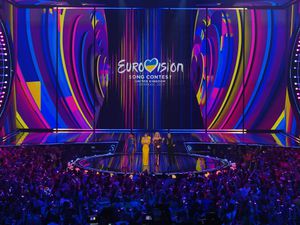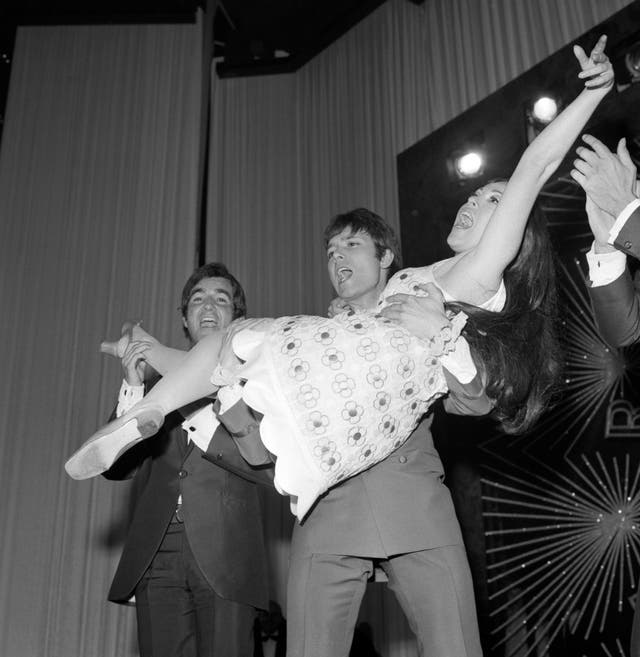Eurovision 2024 sees fewest songs in a major key in event’s history
Almost every country has picked a song that is based on a minor scale.

Eurovision fans hoping for a festival of bright and cheery pop tunes at this week’s contest are likely to be disappointed, as the line-up features the fewest songs in a major key in the event’s 68-year history.
Almost every country has submitted a song that is based on a minor scale, be it a mournful ballad, aggressive rock track or pounding dance anthem.
Just two entries out of a total of 37 are in a major key, the lowest number since the contest began in 1956, according to analysis by the PA news agency.
These are Scared Of Heights, performed by Hera Bjork representing Iceland, and The Tower, which is sung by Luna for Poland.
If neither of these countries makes it through the semi-finals, which begin tonight in Malmo in Sweden, there will be no songs in a major key in Saturday’s final: another first.
The UK is represented at this year’s contest by Olly Alexander and the song Dizzy: a mid-tempo track with a dance beat that is rooted – like so many others at the contest – in a minor scale.

Songs in minor keys were scarce in the early years of Eurovision.
There were none at all in the contests in 1957-59 or in 1964, though 1961 saw the first minor-key winner (Nous Les Amoureux by Jean-Claude Pascal for Luxembourg).
The proportion of songs in a minor key topped a quarter for the first time in 1965 but did not pass a third until 1979, and it took until 2002 to pass 50%.
Since 2005, more than half of the songs in the final have been in a minor key save for one year (2013), with the proportion passing three quarters last year.
Another musical characteristic that has become increasingly ubiquitous at Eurovision is four beats in a bar.
There was a greater diversity of time signatures in the early decades of the contest, with songs in 3/4 or even 5/4, before rhythms started to become standardised in the 1970s and 80s.
This year will be the sixth instance since 2000 of every song in the final being in 4/4 time.
Two musical staples of Eurovision that looked in danger of extinction make a welcome return in 2024, however.
The key change is back, after having disappeared entirely – for the first time in the event’s history – in last year’s contest.
It makes a solitary appearance this year, in the song No Rules! by Finland.
And “la la la” is back, a phrase cemented in Eurovision folklore when Spain won in 1968 with a song titled precisely that: La La La.

In both of the following years, 1969 and 1970, 25% of entries boasted “la la la” in their lyrics.
The popularity of the phrase waned slightly in the 1970s, but “la la la” was still turning up in 17% of entries as late as 1982.
Since then, the “la” has more or less much vanished and has been absent in almost every contest since 2000.
But this year it makes a rare appearance, decorating the chorus of the song Jako, by Armenia.





